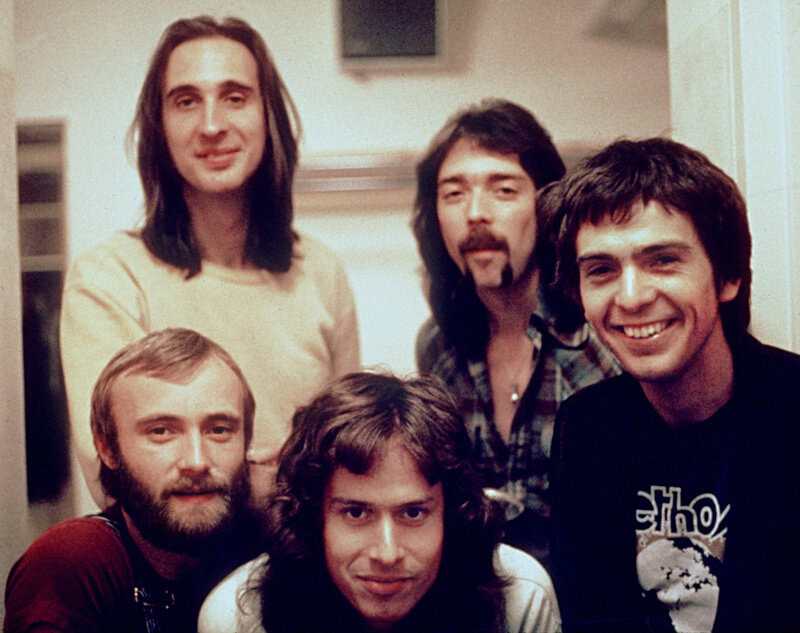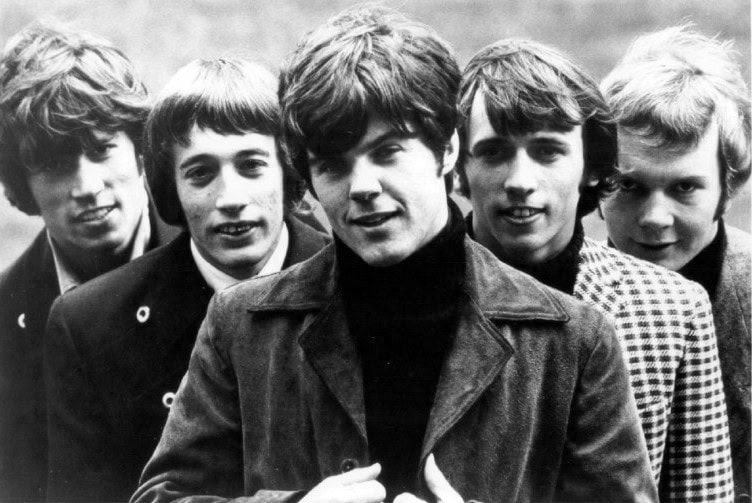In the ever-evolving world of rock, a band’s willingness to break from its roots can lead to both backlash and breakthrough. While reinvention is inherently risky—alienating longtime fans and challenging expectations—some artists discover a new level of commercial and critical triumph after transforming their style. From chart-topping hits to Grammy wins, these bands prove that bold change can pay off. Explore how risk-taking and creative shifts have shaped the legacies of these iconic groups. For more on musical evolution, visit Rolling Stone’s feature on bands who changed their sound.

10 Rock Bands Who Were More Successful After Abandoning Their Original Sound
1. U2

U2 began as a post-punk band in the late 1970s, but their 1991 album Achtung Baby marked a dramatic shift toward experimental and electronic influences. Embracing alternative rock, industrial, and dance elements, the album received widespread acclaim and revitalized their career. Selling over 18 million copies worldwide, Achtung Baby produced hits like “One” and “Mysterious Ways” and earned a Grammy Award for Best Rock Performance. Critics praised the band’s bold reinvention; as Rolling Stone noted, U2’s transformation “vaulted them into the stratosphere of superstardom.”
2. Radiohead

Radiohead’s early sound was rooted in Britpop and alternative rock, but with the release of OK Computer (1997) and especially Kid A (2000), the band embraced experimental, electronic, and ambient influences. This bold evolution brought widespread critical acclaim, with OK Computer hailed as a masterpiece and Kid A winning the Grammy for Best Alternative Album. These albums cemented their reputation as innovators, influencing a generation of musicians and reshaping modern rock. As Rolling Stone notes, their creative risks redefined what rock music could be.
3. Genesis

Genesis began as pioneers of complex progressive rock with Peter Gabriel at the helm, crafting elaborate concept albums. After Gabriel’s departure and Phil Collins assuming lead vocals, the band shifted toward a more accessible pop-rock sound. This transformation led to enormous mainstream success in the 1980s, with albums like Invisible Touch reaching No. 1 on the UK Albums Chart and producing five US Top 5 singles. The new direction brought them global fame and commercial heights far surpassing their prog era. For a full breakdown, visit Louder Sound.
4. Maroon 5

Originally known as Kara’s Flowers, Maroon 5 began with a funk-rock and alternative sound before evolving into a mainstream pop powerhouse. Their embrace of electronic and dance elements, particularly on albums like Overexposed (2012), resulted in multiple chart-topping singles such as “Payphone” and “One More Night.” This new direction brought them Grammy Awards and global fame, with several hits reaching No. 1 on the Billboard Hot 100. Their transformation solidified Maroon 5 as one of the most successful pop acts of the 21st century. For a detailed career timeline, visit Billboard.
5. Linkin Park

Linkin Park burst onto the scene with their signature nu-metal blend on Hybrid Theory, but the band’s sound evolved significantly over time. Albums like A Thousand Suns showcased a dramatic shift, weaving in electronic, pop, and hip hop influences. This experimentation expanded their fan base and kept their music relevant across changing trends, with tracks like “Waiting for the End” and “Burning in the Skies” receiving critical praise. Their willingness to adapt ensured sustained popularity well beyond the nu-metal era. Explore the band’s sonic journey at NME.
6. Fleetwood Mac

Fleetwood Mac originally emerged as a British blues band, but their sound underwent a dramatic transformation with the arrival of Stevie Nicks and Lindsey Buckingham in 1975. Their polished pop-rock approach led to the creation of Rumours (1977), one of the best-selling albums in history, with over 40 million copies sold worldwide. The album spawned chart-topping singles like “Go Your Own Way” and “Dreams,” earning critical acclaim and Grammy Awards. This reinvention not only revitalized Fleetwood Mac’s career but cemented their enduring legacy. Learn more about their evolution at BBC Culture.
7. Paramore

Paramore rose to fame with their energetic emo and pop-punk anthems, but the band’s sound took a bold turn with 2017’s After Laughter. Embracing synth-pop, new wave, and funk influences, the album marked a departure from their roots and showcased a fresh, vibrant aesthetic. This reinvention garnered widespread critical acclaim and introduced Paramore to new audiences, with singles like “Hard Times” and “Rose-Colored Boy” resonating on radio and streaming charts. The band’s willingness to evolve has cemented their place as modern rock innovators. Discover more about their evolution at NME.
8. Bring Me The Horizon

Bring Me The Horizon began as a deathcore band, known for their heavy breakdowns and guttural vocals. Over the years, they boldly transitioned into alternative rock and electronic territory, particularly with albums like amo (2019). This genre-blending approach propelled them onto international charts, with amo debuting at No. 1 on the UK Albums Chart. The shift attracted a much wider, more diverse fanbase and garnered positive reviews for their innovation and fearlessness. Their evolution is detailed by Kerrang!, highlighting their journey from extreme metal to mainstream success.
9. The Bee Gees

The Bee Gees originally built their reputation on harmonious soft rock and heartfelt ballads, but their seismic shift to disco in the mid-1970s transformed their career. With the release of the Saturday Night Fever soundtrack in 1977, featuring hits like “Stayin’ Alive” and “Night Fever,” the group became global superstars. The album sold over 40 million copies worldwide and defined the disco era, earning Grammy Awards and international acclaim. Their reinvention not only revitalized their legacy but also reshaped pop music. Explore their influence at BBC Culture.
10. Panic! At The Disco

Panic! At The Disco debuted with a theatrical emo-pop sound, but their evolution into mainstream pop and rock brought newfound success. Following lineup changes, frontman Brendon Urie became the sole member, steering the project toward a slicker, radio-friendly style. Singles like “High Hopes” and “Victorious” topped charts, while albums such as Pray for the Wicked achieved commercial milestones and spawned sold-out world tours. This transformation expanded their fan base and ensured lasting relevance. Discover more about their remarkable journey at Billboard.
Conclusion

The remarkable journeys of these bands demonstrate that musical reinvention can be both a risk and a reward. By daring to experiment and move beyond their original sounds, these artists reached unprecedented heights in both commercial success and cultural impact—often eclipsing their earlier achievements. Their evolution not only revitalized their careers but also inspired countless fans and musicians. Embracing change, even when uncertain, remains a cornerstone of artistic longevity. For more insights into the power of reinvention in music, visit Rolling Stone.
